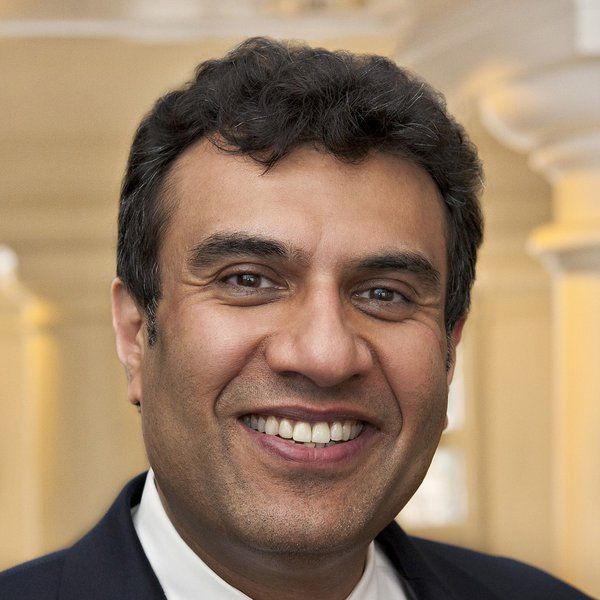Article
Bariatric Surgery May Lessen Stroke Risk in Obese Patients
Patients with obesity who undergo bariatric surgery are less likely to experience cerebrovascular events, shows a study presented at AHA's Scientific Sessions earlier this month.
(©Sudok1,AdobeStock2)

Patients with obesity who undergo bariatric surgery are less likely to experience cerebrovascular events, shows a study presented at the American Heart Association’s (AHA) Scientific Sessions annual meeting that took place this month in Philadelphia.
The metabolic derangements associated with obesity are known to contribute to the development of cerebrovascular disease. However, while bariatric surgery is associated with improvements in weight and metabolic profiles, authors of the new study (oral presentation 335) note that its effectiveness on long-term reduction of stroke risk has not been investigated.
This is the largest and longest study of bariatric surgery to-date. Researchers, co-lead by Maddalena Ardissino, MBBS, BSc, of the Imperial College London, compared health records of more than 4,200 patients who had bariatric surgery to an equal number of control patients who did not have surgery. They were matched by age, gender, and weight-for-height.
Primary composite endpoint: occurrence of any major adverse cerebrovascular event (MACE, ie, intracranial hemorrhage, ischemic stroke, transient ischemic event, and subarachnoid hemorrhage). Secondary endpoints: composite ischemic events, hemorrhagic events, individual components of the primary endpoint and all-cause mortality. Mean follow-up was 11.4 years.
RESULTS
- The primary endpoint of MACE occurred in 73 patients.
- Patients in the bariatric surgery group had significantly lower adjusted major cerebrovascular event rates (HR 0.352, 95%CI 0.195-0.637).
- Authors note the lower rate was driven by reduced risk of ischemic events (HR 0.315, 95%CI 0.156-0.635), but not of hemorrhagic events (HR 0.442, 95%CI 0.147-1.330).
- All-cause mortality was lower in the bariatric surgery group (229 patients died during follow-up).
“These findings call for increased awareness and implementation of bariatric surgery as a treatment step for obese patients who are unable to achieve adequate weight loss through lifestyle and medication therapy,” Dr. Ardissino stated in an AHA press release. “Currently, only a small fraction of people with obesity receive bariatric surgery.”
Dr. Ardissino is calling for a shift in perception of bariatric surgery, once seen as a cosmetic procedure and not available to the majority of the eligible population. Bariatric surgery, he emphasizes, needs to be viewed as a “potentially death-preventing and standard-of-care procedure that should be discussed with all eligible patients.”
For more news from the American Heart Association’s (AHA) 2019 Scientific Sessions, visit our sister site Patient Care Online.





